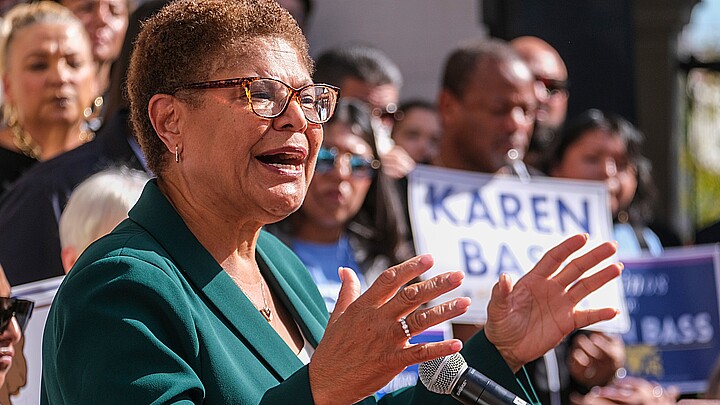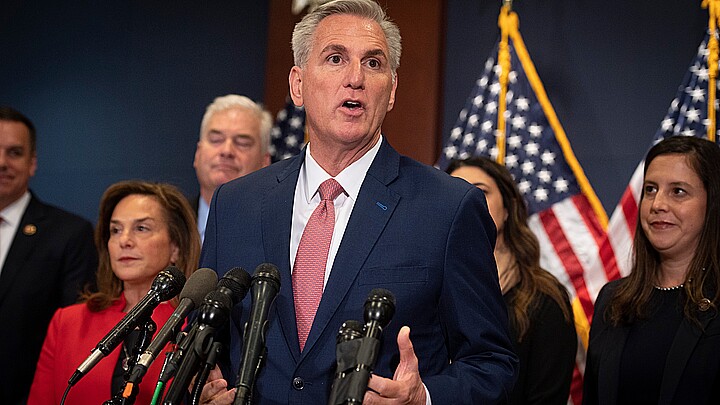Politics
Gov. Gavin Newsom plans to limit California oil refinery profits
The penalties would go into a Price Gouging Penalty Fund, which would be returned as refunds to California residents
December 7, 2022 8:12am
Updated: December 7, 2022 8:47am
California Governor Gavin Newsom unveiled a plan to limit the profits from oil refineries that make too much money and return those funds to the public amid record-level gasoline prices.
The governor announced his plan alongside California Senator Nancy Skinner during a special legislative session focused on the oil industry, reported Fox Business.
"California’s price gouging penalty is simple – either Big Oil reins in the profits and prices or they’ll pay a penalty," Newsom said in a statement. "Big oil has been lying and gouging Californians to line their own pockets long enough."
The governor’s proposal classifies the fine as a “civil penalty” instead of a tax, meaning that only a majority is needed for it to pass, instead of the two-thirds required for a tax increase.
The penalties would go into a Price Gouging Penalty Fund, which would be returned as refunds to California residents.
Newsom said this penalty is “a proactive effort in order to change behavior” and prevent gas prices from increasing in the future. However, it is unclear how much profit oil companies would have to make to be fined and how much they would have to pay.
Average gas prices in California were $4.71 a gallon as of Tuesday, above the $3.38 national average. However, the state’s gas prices have dropped from the average levels seen earlier this year, which were around $5.46 a gallon.
While oil industry representatives do not deny that they have seen a surge in profits this year, they claim the increase is due to market forces and government policies.
"Nobody likes high gas prices. No one wants to hear about companies making a lot of money when things are tough, but it really comes back to the market," Kevin Slagle, spokesperson for the Western States Petroleum Association, told FOX Business on Monday. "When there's high demand, earnings are going to be higher. When there's low demand, earnings are going to be lower."










